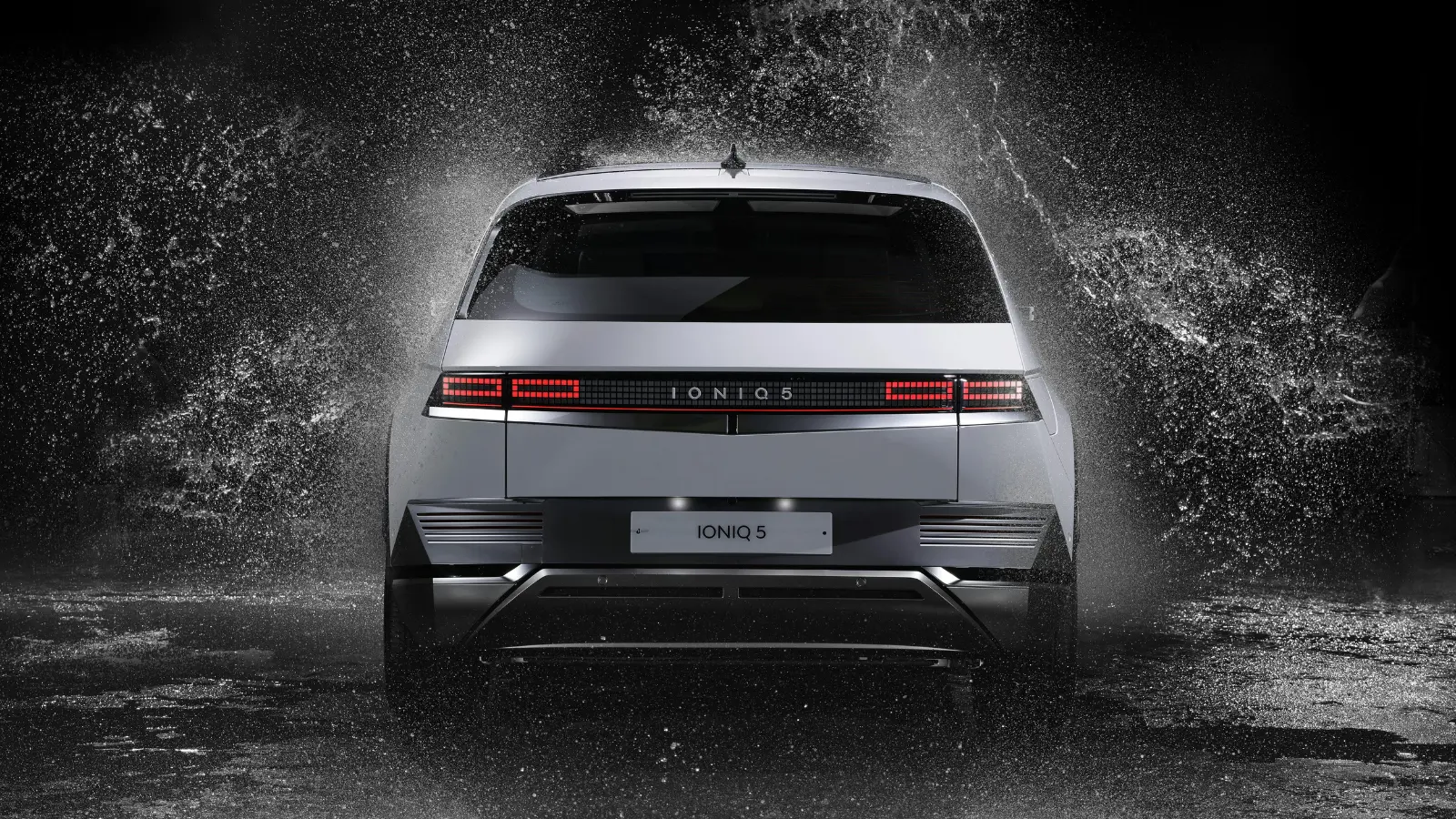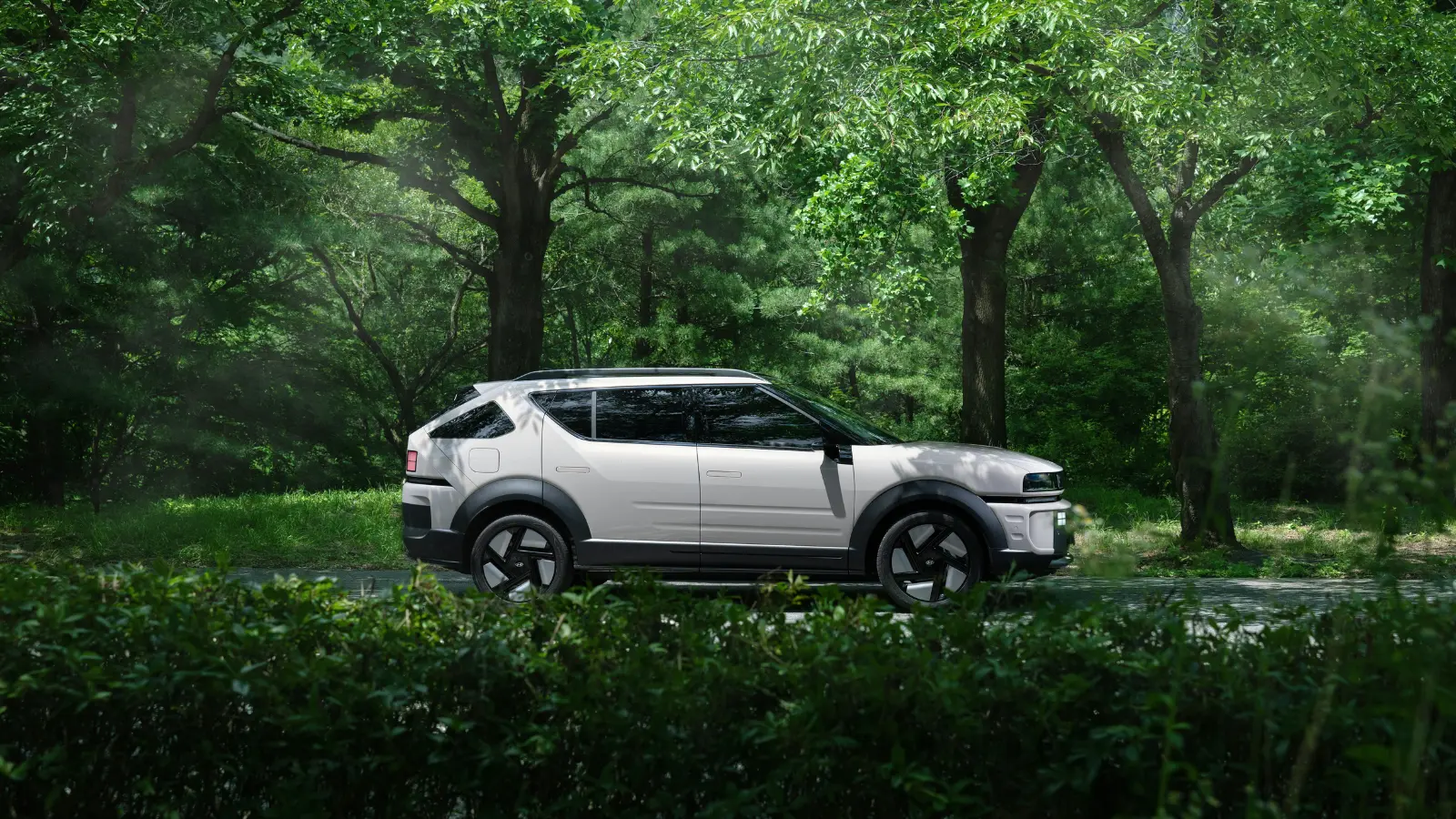Choosing the Right Electrified Vehicle
As more drivers explore electrified vehicles, the choices can feel overwhelming. Should you buy a hybrid, a plug-in hybrid, or go fully electric? Each type of vehicle offers unique benefits based on your driving habits, budget, and access to charging.
This guide breaks down the differences between hybrid electric vehicles (HEVs), plug-in hybrid electric vehicles (PHEVs), and battery electric vehicles (BEVs), helping you find the best fit for your lifestyle.
What Is a Hybrid (HEV)?
A hybrid combines a gasoline engine with an electric motor. The motor assists during acceleration and recovers energy while braking. The battery charges while you drive, so you never need to plug it in.
Good fit for:
- Drivers without home charging access
- Frequent highway commuters
- People looking for better fuel economy with no changes to routine
Key pros:
- Strong fuel efficiency, especially in city driving
- No charging equipment required
- Reduced emissions compared to traditional gas cars
Key cons:
- Still uses gasoline
- Cannot drive extended distances using electricity alone
Explore What Is a Hybrid Car? to learn more about how hybrid systems work.
What Is a Plug-In Hybrid (PHEV)?
A plug-in hybrid includes a larger battery than a standard hybrid. It can drive on electricity alone for short trips and switches to gasoline when needed. You must plug it in to take full advantage of its electric range.
Good fit for:
- Drivers who can charge at home or work
- Commuters with short daily trips
- People who want electric driving with the backup of a gas engine
Key pros:
- All-electric range typically falls between 20 to 60 miles
- Ideal for daily driving without using fuel
- Gasoline engine provides flexibility for longer drives
Key cons:
- Must be charged regularly to realize savings and benefits
- Typically heavier and more complex than HEVs
- Higher upfront costs
Want to understand how charging actually works? Read our How EV Charging Works: A Begginer's Guide to learn about home charging, public networks, charging times, and connector types. This can help you decide which option fits your lifestyle best.
For more detail, explore What Is a Plug-In Hybrid?

What Is an Electric Vehicle (BEV)?
A battery electric vehicle operates using electricity only. It does not have a gasoline engine or fuel tank. You recharge the battery using Level 1, Level 2, or DC fast charging stations.
Good fit for:
- Drivers with reliable home charging
- People ready to stop using gasoline entirely
- Daily commuters or those with predictable driving patterns
Key pros:
- Zero tailpipe emissions
- Lower maintenance and operating costs
- Quiet, responsive, and smooth performance
Key cons:
- Range depends on battery size, usage, and weather
- Requires dependable access to charging
- Refueling (charging) takes longer than filling a gas tank
Visit What Is an Electric Car? for a full breakdown of EV technology.
Head-to-Head Comparison
Here’s how hybrids , plug-in hybrids, and fully electric vehicles compare across a few important categories.
Power Source
- Hybrids pair a gas engine with a small battery and electric motor for supplemental power.
- Plug-in hybrids use both a gas engine and a larger battery that supports short electric-only trips.
- Electric vehicles are powered entirely by a large battery and electric motor, no gasoline required.
Charging Required
- Hybrids charge their battery through driving, so no plugging in is necessary.
- Plug-in hybrids need to be plugged in to maximize their electric driving range.
- Electric vehicles always require charging, whether at home or in public.
Electric-Only Range
- Hybrids offer little to no electric-only range.
- Plug-in hybrids typically provide 20 to 50 miles of electric range.
- Electric vehicles deliver between 100 and over 400 miles of range depending on the battery.
Tailpipe Emissions
- Hybrids emit fewer pollutants than gas-only cars.
- Plug-in hybrids produce very low emissions, especially when used mainly in electric mode.
- Electric vehicles produce no tailpipe emissions at all.
Best Use Case
- Hybrids are great for drivers who cover long distances and want better fuel efficiency without changing routines.
- Plug-in hybrids suit those with short commutes who want electric power but need the flexibility of gas for longer trips.
- Electric vehicles are ideal for drivers with reliable access to charging and a desire to eliminate gasoline altogether.
Long Trip Flexibility
- Hybrids and plug-in hybrids offer excellent long-distance capability since they can rely on gasoline.
- Electric vehicles can also be used for long trips, but your experience depends on your access to charging along the way.
Which Option Is Right for You?
Ask yourself a few simple questions:
- Do I have a place to charge at home or at work?
- How far do I typically drive in a day?
- Do I want lower fuel use, or would I prefer to avoid gas completely?
- Am I comfortable changing how I refuel and maintain my vehicle?
Your answers can point you to the best choice. A hybrid works well with minimal lifestyle change. A plug-in hybrid can offer full electric driving for short trips while keeping a gas engine for backup. And a fully electric car can help you leave gasoline behind altogether.
You’ve Completed the Hybrid Vehicles Course
Continue your learning with more GreenCars guides:
← Go Back: Buying a Hybrid Electric Vehicle
Explore More Courses: GreenCars 101 →












